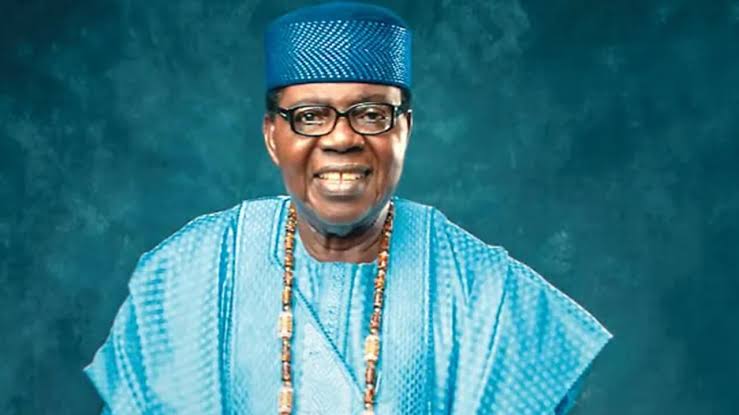
NYSC Extension Proposal Sparks Debate: Should Nigerian Youth Serve Two Years Instead of One?

A recent proposal by Nigeria’s Minister of Education, Dr. Maruf Olatunji Alausa, has ignited widespread discussion across the country.
Dr. Alausa, who transitioned to his current role in October 2024 after serving as the Minister of State for Health and Social Welfare, suggested extending the National Youth Service Corps (NYSC) program from its traditional one-year duration to two years.
This announcement, shared via a post on X by Nigeria Stories, has drawn mixed reactions from Nigerians, with many questioning the feasibility and necessity of such a change in today’s socio-economic climate.
The NYSC, a mandatory post-tertiary program for Nigerian graduates, was established in 1973 under the administration of General Yakubu Gowon.
Its primary goal was to promote national unity and reconciliation in the aftermath of the Nigerian Civil War.
The program requires university and polytechnic graduates under the age of 30 to dedicate one year to serving their country, often in states other than their own.
This cross-regional posting is designed to encourage cultural exchange, foster mutual understanding among Nigeria’s diverse ethnic groups, and build a sense of shared identity among the youth.
Participants, commonly referred to as "corpers," engage in community development projects and gain exposure to different traditions and lifestyles, which ideally equips them with a broader perspective on national issues.
However, the NYSC has not been without its challenges. Over the years, the program has faced criticism for a variety of reasons, including inadequate remuneration for corps members and safety concerns in certain regions.
Nigeria’s security landscape has deteriorated in recent times, with issues like kidnapping, banditry, and ethnic violence posing significant risks to corpers posted to volatile areas.
Reports of corps members losing their lives due to road accidents, communal clashes, or targeted attacks have raised questions about the program’s relevance in its current form.
For instance, during the 2011 post-election violence in Bauchi State, at least 20 corps members were killed, highlighting the dangers some participants face.
Additionally, organizations like Afenifere have called for reforms, suggesting that graduates be allowed to serve within their geopolitical zones to minimize risks.
Dr. Alausa’s proposal to extend the NYSC to two years comes at a time when many Nigerians are already frustrated with the program’s structure.
While the minister has not publicly detailed the rationale behind the suggestion, it’s possible that the extension aims to provide corps members with more time to contribute meaningfully to their host communities or to acquire additional skills for personal development.
However, the idea has been met with skepticism and humor on social media. Some X users sarcastically suggested making the NYSC a five-year program with a pension, while others criticized the proposal as tone-deaf, especially given the modest stipend—currently around 77,000 Naira—that corps members receive, which many argue is insufficient to meet their basic needs.
The debate surrounding the NYSC’s duration underscores broader questions about its purpose in contemporary Nigeria.
While the program was created to rebuild the nation after a civil war, some argue that its objectives need to be re-evaluated in light of modern challenges like unemployment, insecurity, and economic hardship.
For now, Dr. Alausa’s proposal has opened a Pandora’s box of opinions, with Nigerians eagerly awaiting further details on how such a change might be implemented and whether it will truly serve the interests of the country’s youth.


